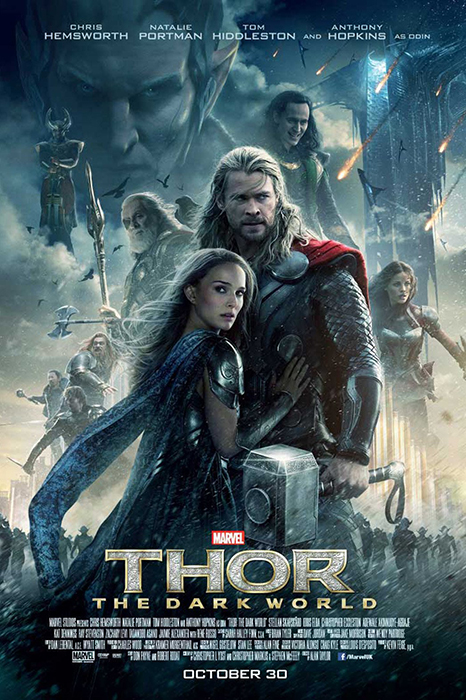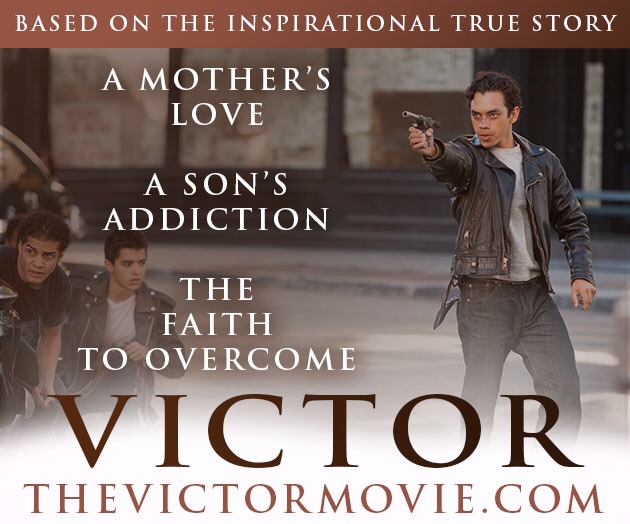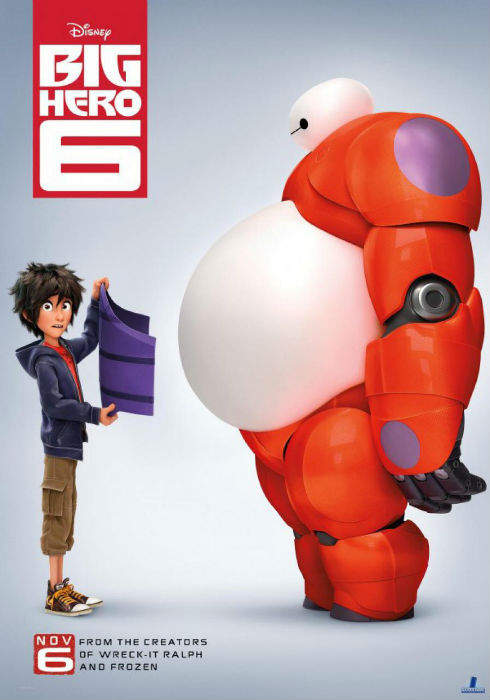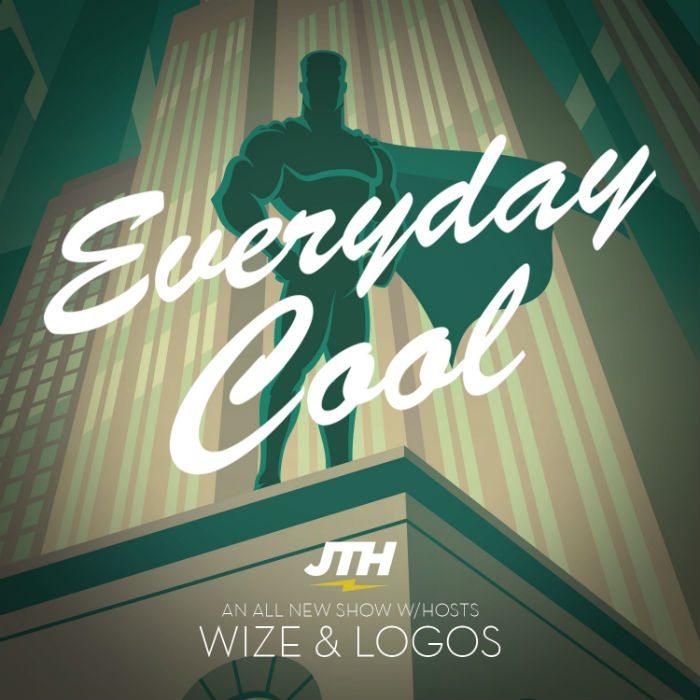I was rather intrigued to see what Marvel’s plan was for “Phase Two” of their movie universe. However, Iron Man 3 really didn’t feel like it added any sense of a “Phase Two.” Don’t get me wrong, it was definitely one of the better Iron Man movies, but felt much more like a standalone adventure than any sort of “Phase Two” type of endeavor. Thor, on the other hand, played an integral part of setting up some of the events of The Avengers, and so it only seemed right to expect that Thor: The Dark World would also have more of an integral feel to this whole “Phase Two” plan. While it does have a few more threads connecting to the overall Avengers universe, it too tries to be more of a standalone adventure. The interesting thing is that may not be the best plan for Thor. Thor: The Dark World has two stories; one that continues from the events of The Avengers and one that is its own separate story. One of these stories is good; one of them is surprisingly flat. In the end, that mix makes for a movie that’s enjoyable but won’t ever be considered one of the greats of superhero movies.
So the good story in this movie is when it continues the story of everyone’s favorite villain who would be king; Loki. Seeing the fallout from his actions in The Avengers and where this story takes him, to the point of being a reluctant Thor ally in order to help him defeat an even greater threat. When these two brothers are teamed up, the screen crackles with energy, charisma, wit, and humor. Tom Hiddelston, it should be no surprise, absolutely steals every scene he’s in, and the movie’s the poorer for it whenever he is not on screen. Indeed, Loki’s story could have been the sole focus of this film, and it would have been quite a fine film, but sadly, Loki’s continuing tale is only part of what takes place.
The other tale has to do with Dark Elves who are evil because…well…they’re called Dark Elves. What else could they be? Their leader wants to plunge the world into darkness because…well, he’s evil. He also has a grudge against Asgard for stopping his plan the first time. Though later, when he ends up on Earth, I was kind of confused because I thought he hated Asgard and wanted to plunge the universe into darkness, yet he goes to Earth to seek revenge and to destroy the universe…which would destroy him as well, wouldn’t it? Maybe, I’m not sure, and that’s part of the problem with this story; it’s not sure what it wants to do. Still, it does provide the catalyst for the better story involving Loki, so I guess it had to be there.
The interesting thing here is the myths concerning the universe’s creation. In the Asgard version, before there was anything else, there was darkness and there were the Dark Elves. Then there was light, creation, and the darkness receded and so forth. There are many interesting elements here, especially concerning what caused the light and the creation, but of more interest was the fact that despite these being myths and Asgard lore, they also held truth. There was darkness, there were Dark Elves, and there was a dark force that wanted to plunge the universe into darkness all over again. Thor, in the Marvel film universe, is a reminder that sometimes stories and legends and gods are more than just stories and legends. That’s an interesting and valid idea. The point being that some may write off the stories of the Bible as just that, mere stories. However to do so is to do so at one’s own risk, for as Peter pointed out, “For we did not follow cleverly devised myths when we made known to you the power and coming of our Lord Jesus Christ, but we were eyewitnesses of his majesty.” (2 Peter 1:16) The Bible isn’t a bunch of stories; it’s a record of history. Take the time to investigate its claims, and you will discover there’s more to it than just a bunch of Sunday School stories.
Thor: The Dark World is the tale of two different stories that never really mesh. It’s a shame, because you can see the glimmer of true epicness with the stuff with the Dark Elves, sort of a Marvel version of the Lord of the Rings if you will, but it never really pulls it off. It’s too bad, because that admittedly would have been pretty cool. Despite the attempt for it to be otherwise, this is still very much Loki’s show, a fact that’s reinforced with the intriguing final scene. The rest of the film is standard fare for what one would expect from a movie set in the movie universe of the Avengers. It’s got some spectacular action, some of it doesn’t make much sense (this can happen because…science), but it’s cool to watch. It also has plenty of wit and humor, and it’s probably one of the funnier Marvel films thus far. The cast is solid as ever, though I wish Natalie Portman’s Jane Foster either had more to do or would have not been included. It’s not Portman’s fault, but her character really doesn’t have too much to do. And yes, there are some final Easter Egg scenes, with one that plays a bit more into the plan leading up to the next Avengers film. Thor is like an underachieving student; you know he’s capable of better, but he just seems content with getting by. Thor: The Dark World is fine entertainment, but I left with this nagging feeling that the movie did just enough to get by and never really took the risk of trying to be something great.
The Dark World is a fairly family friendly outing. There are some scary creatures, but no more scary than some of the critters in Skylanders. There are battle scenes, but they have a cartoonish, comic book flair. There is one scene of a guy without his clothes, played for comedy, and pixelated. Overall, Marvel continues to make super hero fare that the whole family can enjoy.





